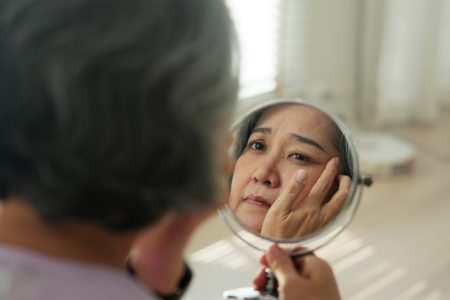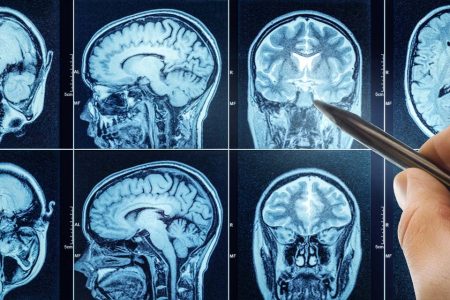For nearly two decades, researchers have consistently found a U-shaped relationship between age and well-being, with happiness decreasing from youth into midlife before improving into our later years.
However, a large new survey study, published in the journal PLOS One and reported by SciTechDaily, found something very different. Researchers drew on a US dataset, covering more than 10 million adults between 1993 and 2024, and a UK data set, which followed 40,000 households from 2009 to 2023.
Analysis revealed that unhappiness steadily declines as we age and that mental health among the young is worsening.
When researchers applied the same analysis to the Global Minds mental health study, covering nearly 2 million people from 44 countries including the US and UK, they found the same phenomena worldwide. Their concern, the authors write, “is that today there is a serious mental health crisis among the young that needs addressing.”
[See more: Spending time in nature is just as effective as conventional mental health therapies]
While the reasons for growing ill-being among young people are unclear, the authors offer up several possibilities. Long-term impacts of the Great Recession on job prospects, poorly funded mental healthcare services, mental health challenges created by the Covid pandemic and increased social media use are all seen as potential contributors.
“The finding that young people’s mental health has deteriorated more than that of older adults is relevant and worrying,” Dr Maite Garaigordobil Landazabal, of the University of the Basque Country, who was not involved in the study, told Science Media Centre, “and connects with current debates on social media, generational inequality, the effects of COVID-19, job insecurity, etcetera.”
She advised a multi-pronged approach to bolster mental health resources, access and intervention, while also investigating the sources of this growing malaise.
“The results suggest that investing in the well-being and mental health of students not only improves the school climate and academic performance, but also ensures a more balanced and resilient human development for future generations.”






